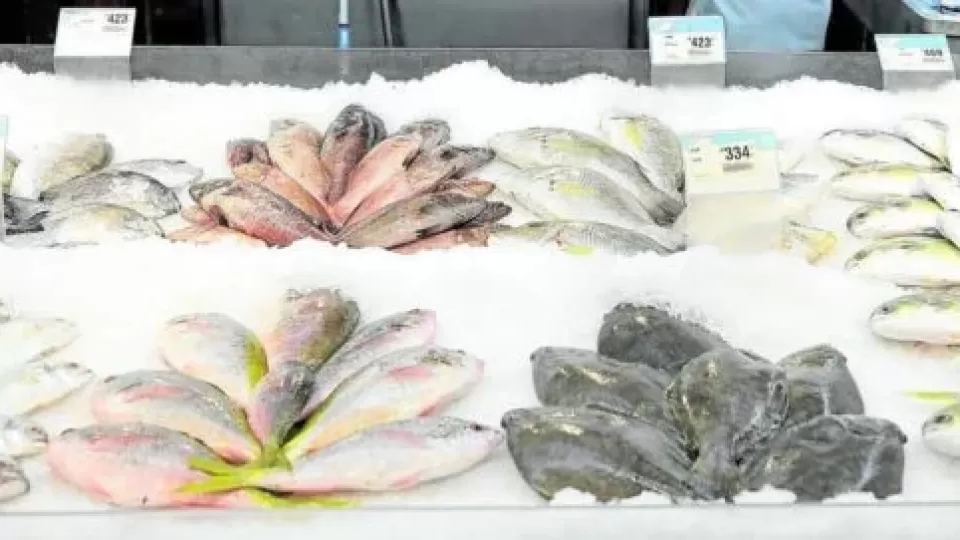December 15, 2022
MANILA — The government has temporarily barred the entry of certain imported fish to avert their diversion to wet markets which could aggravate disruptions in the food value chain.
In a directive, the Department of Agriculture (DA) said it suspended the issuance of sanitary and phytosanitary import clearances (SPSICs) for importing certain fish species effective immediately.
Canners are temporarily barred from importing round scad (“galunggong”) and moonfish (“bilong-bilong”) from abroad.
Likewise, the DA held off the SPSIC issuance to processors covering imported round scad, bonito (“tulingan”), mackerel (“alumahan”), moonfish, pompano, and tuna byproducts.
The importation of these fish species will only be allowed if it will be directly undertaken by processors and importers who supply raw materials to processors with license to operate and comply with food safety standards under the Food Safety Act.
Importers should also present a verifiable recording system of production containing the following: name of importer; cold storage facility used to store fish imports; species and volume of raw materials delivered and processed along with the corresponding delivery and processing dates; and final destination of the processed product.
No substitutions
“Provided that, for importers supplying raw materials to processors, the species and volume of the products to be imported and the receiving processors thereof must be pre-identified in the application of the SPSIC and shall not be allowed to be supplied to any other processor,” the circular read.
Processors will be allowed to import once the Bureau of Fisheries and Aquatic Resources (BFAR) completes the verification process.
Further, no import clearance shall be issued to institutional buyers for the importation of round scad, bonito, mackerel and moonfish in the meantime.
The DA, however, will allow them to procure imported pompano and tuna byproducts upon meeting certain requirements: a verifiable recording system that includes the name of the importer as well as delivered species and volume of imported fish with respective dates of deliveries.
“Importers allowed to import for processing and institutional buyers shall be solidarily liable with their client processor or institutional buyer for violation of importation rules and regulations, including diversion of the imported products to wet markets,” it said.
“For this purpose, a prima facie presumption of collusion between the importer and the processor or institutional buyer to commit such violation is hereby established,” it added.
The business group Fisheries and Aquaculture Board of the Philippines (FAB) said certain items outlined in the latest DA order need clarification.
Importers’ take
“Needless to say, it imposes additional constraints on the trade of imported seafood. This will result in additional disruptions and uncertainties,” FAB said.
“It will stoke inflation, especially among the small carinderias that serve the pompanos and galunggongs, tuna panga and byproducts,” it added. “Eventually as seen from experience over the high price of galunggong, consumers will no longer be able to afford these items from wet markets.
Meanwhile, the food advocacy group Tugon Kabuhayan threw its support behind some senators’ call for additional roads from fish facilities to markets, preborder inspections, and in-country laboratory tests for fish imports to scale up initiatives to put an end to the smuggling of agricultural goods.
“We support the various recommendations of Senators Cynthia Villar, Nancy Binay, Grace Poe, Raffy Tulfo and Robin Padilla that would ensure steady fish supply at stable prices in the country,” said Tugon Kabuhayan convener Asis Perez.
“All these recommendations will improve the industry and benefit fisherfolk and consumers alike,” added Perez, a former BFAR director.


